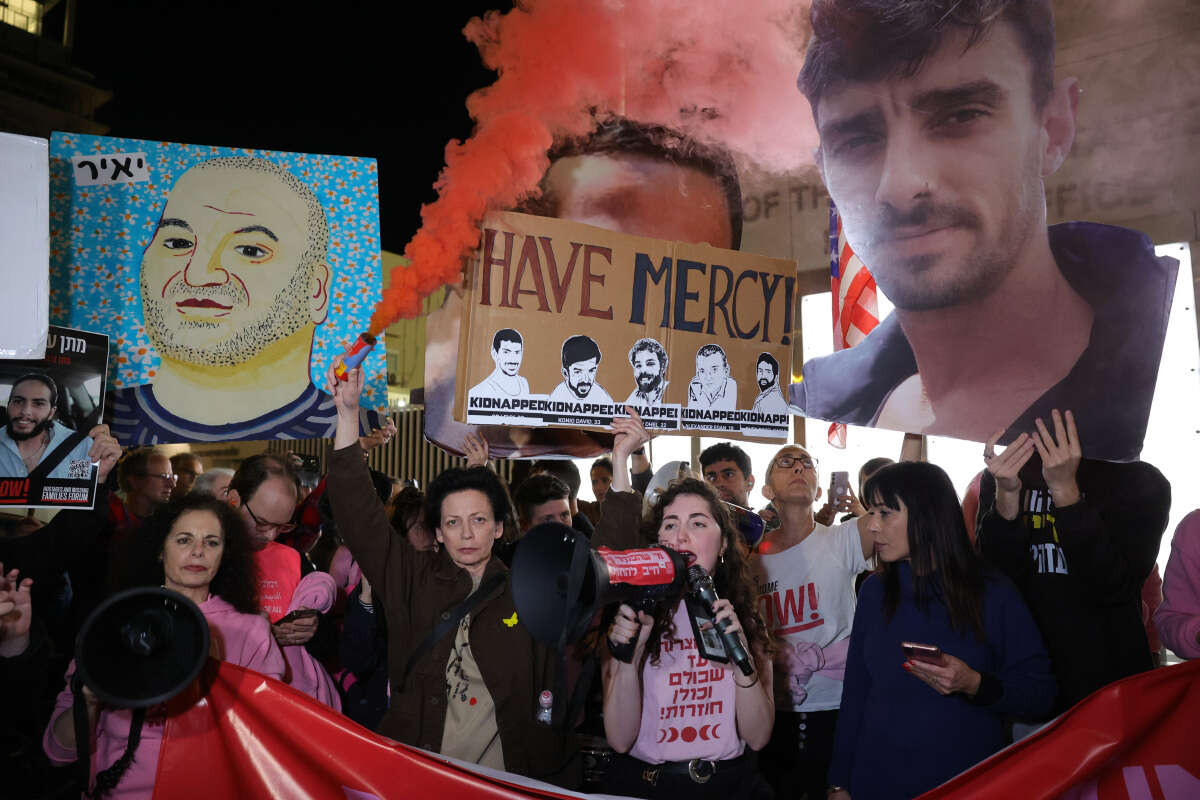Returned hostages are showing severe health impacts including dramatic weight loss of up to 25 kilograms (55 pounds), significant muscle deterioration, and complex medical challenges that will require long-term rehabilitation, medical experts told the Knesset Health Committee on Monday. The testimonies revealed disturbing details about the conditions of captivity and their lasting effects on both physical and mental health.
The testimonies revealed disturbing details about the conditions of captivity and their lasting effects on both physical and mental health.
Dr. Michal Mizrachi, director of medical treatment for returned hostages at Ichilov Hospital, provided a comprehensive update to the Knesset Health Committee on Monday regarding four returned hostages treated at the facility. The patients – Keith Samuel Siegel, Gadi Moshe Mozes, Iair Horn, and Ohad Ben Ami – exhibited severe malnutrition, characterized by at least 20% weight loss, alongside significant deterioration of both fat and muscle mass.
"While we fortunately did not observe refeeding syndrome, likely due to improved nutrition provided before release, the patients still face significant nutritional deficiencies requiring rehabilitation and ongoing care," Dr. Mizrachi explained. "We've documented substantial functional impairment, including dramatic decreases in physical capabilities resulting from prolonged inactivity." She also noted that pre-existing medical conditions received only intermittent and partial treatment during captivity.
Dr. Hagar Mizrachi, head of the General Medicine Division at the Ministry of Health, highlighted improved coordination with the Red Cross's medical team. "We're actively sharing our findings about necessary treatment adjustments. Their care extends until the handover to the IDF, a period ranging from minutes to 40 minutes," she said. She also announced the establishment of a specialized clinic for returned hostages in Kiryat Gat.
Professor Hagai Levine, heading the Health Department at the Hostages and Missing Families Forum, emphasized the need for systematic monitoring of returnees' health conditions. "Consider dental health – poor nutrition and lack of dental hygiene could lead not only to dental problems but potentially to cardiac and other systemic health issues. We need comprehensive monitoring to develop appropriate responses."

Dr. Levine further addressed emerging challenges: "We're preparing for casualty reception this week, requiring specialized protocols. The case of Ofer Kalderon, who contracted severe influenza upon return, highlights the need to reassess our infection control measures. We must consider vaccination protocols for both returnees and their families, and evaluate their immune status."
Lee Gat, vice president of strategy at Sheba Medical Center, drew on the hospital's extensive experience with returnees from multiple deals and rescue operations: "The correlation between captivity duration and health deterioration is clear. Our medical teams are deeply concerned about the impact of each additional day in captivity on both physical and mental recovery potential. Time is critical, and we're witnessing the severe consequences of prolonged captivity."
Shimi Kalderon provided insight into his nephew Ofer's condition: "Ofer, who lost 25 kilograms (55 pounds), is expected to return to Kfar Hamaccabiah today. He recently battled severe flu and pneumonia, requiring isolation from his children. The Sheba medical team provided round-the-clock care until his condition stabilized."

He detailed Ofer's captivity conditions: "They began force-feeding him before release. His diet included rotten vegetables and occasional half-pitas with cheese. In 484 days, he saw daylight only once, during a three-hour period with his daughter Sahar. Showers were limited to once every two or three days."
Einav Mozes Orbach, Gadi Mozes's daughter-in-law, shared the family's perspective: "The reality exceeds our worst fears. While we're immensely relieved to have him back and surrounded by care, hearing about his experiences is devastating. Beyond the physical and cognitive trauma, he repeatedly expresses feelings of abandonment and betrayal by his country and government – emotions that burn as deeply as the abuse by Islamic Jihad."
Carmit Palty Katzir provided a sobering account of her mother, Hanna, who died following her release: "My mother entered captivity taking one blood pressure medication. After 49 days without it, she returned with severe cardiac issues, arrhythmias, and respiratory failure. The contaminated conditions in Gaza – polluted water, air, and deadly fungi – contributed to her decline. She lost basic functions – walking, standing, using the bathroom, breathing independently. She was sedated and ventilated for months before succumbing to these complications."
Palti Katzir also highlighted the bureaucratic challenges facing families: "I remain unrecognized as a victim of hostile actions, despite exposure to psychological terror and traumatic footage. The impacts extend beyond physical health – my mother lost not just her life, but in her final days had to process the loss of her husband, son, kibbutz, and entire community."




